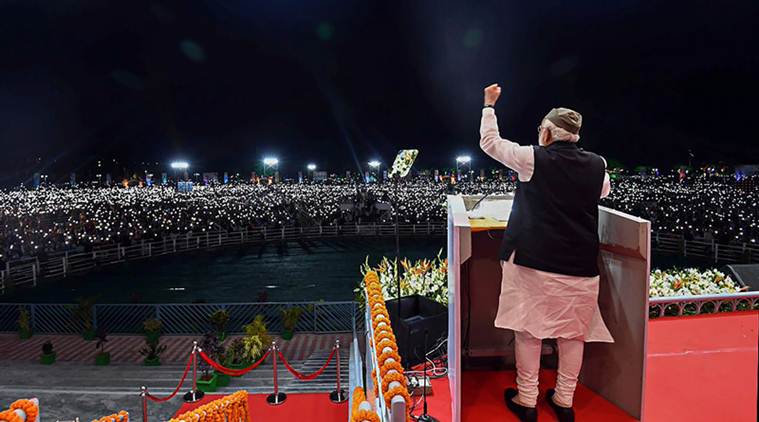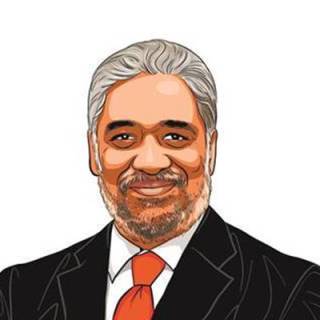Raja Mandala: Integrating the island
PM’s visit to the Andamans should be an occasion for India to realise the geopolitical significance of the islands, given China’s presence in Indian Ocean.

Prime Ministers of India rarely travel to the Andaman and Nicobar Islands. Narendra Modi’s visit to the islands over the weekend is only the fourth over the last many decades. Indira Gandhi and Rajiv Gandhi visited in 1984 and 1986 respectively and Manmohan Singh went there in early 2005 to review the tsunami relief operations.
For political Delhi, the island chain was at best a remote outpost acquired by default from the departing British Raj. That attitude filtered down the entire system of governance in Delhi. For India’s continentalist security establishment, weighed down by difficult land borders to the north and the west, the Indian Ocean is a distant domain. The nation’s island territories — the Andaman and Nicobar Islands to the east and the Lakshadweep to the west — barely figure on Delhi’s mental map.
Modi’s visit will hopefully begin to change India’s national narrative on the Andamans. Three imperatives beckon. The first is about history. Modi’s decision to time his visit with the 75th anniversary of Subhas Chandra Bose flying the tricolour in Port Blair has helped highlight the role of Andaman and Nicobar Islands in India’s freedom struggle. But it should also draw attention to the complexities of India’s pre-Independence engagement with the world in the 20th century.
The PM’s immediate political motivation may be seen as part of the BJP’s strategy to claim the non-Nehruvian legacy of the Indian National Congress. But the focus on Bose inevitably draws attention to the fragmented response of the national movement to the Second World War. The Indian National Congress, led by Mahatma Gandhi, refused to support the British war effort and opposed the mobilisation of Indian resources to defeat the Axis powers. The Communist Party of India, which initially declared Second World War as an “inter-imperialist war”, chose to actively support the war effort when Nazi Germany invaded Soviet Russia in 1941. Bose, in contrast, chose to align with Berlin and Tokyo to fight the British colonial rule. His Azad Hind government in Port Blair was founded on imperial Japan’s occupation of the Andaman Islands. Japan’s support for Bose was part of Tokyo’s mobilisation of Asian nationalism against European colonial powers.







































No hay comentarios:
Publicar un comentario